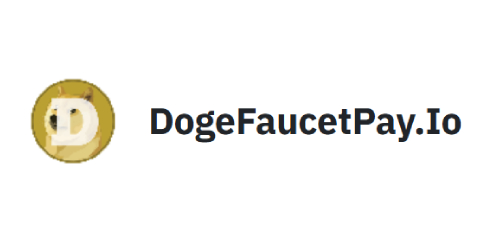Hey, everyone! Today’s hot topic is the STON.fi platform. In the crypto world, where every other project promises exponential returns and a worry-free retirement, it’s crucial to stay vigilant—especially when it comes to your hard-earned money. STON.fi is a well-known decentralized exchange (DEX) on the TON blockchain. However, like any popular brand, it can become a target for scammers creating phishing sites or fraudulent “investment programs” under its name. So, let’s break down where legitimate technology ends and potential STON.fi scams begin.
The Glitz and Misery of Hype Offers
Remember the golden rule: if something sounds too good to be true—it probably is. Fraudulent schemes masquerading as reputable projects like STON.fi often lure victims with promises of incredible returns. “Invest $100 today and get $500 in a month!”—sounds familiar, right? They might use the real STON.fi interface as cover, talking about “super-profitable” liquidity pools or “exclusive” investment opportunities available only to a select few.
Their websites may look perfectly fine—modern design, logos, buzzwords like “DeFi 2.0” or “AI trading on TON.” But behind this shiny facade often lies emptiness. Lack of clear legal information, anonymous “managers” on Telegram promising mountains of gold, and pressure to make quick decisions—these are their standard tools.
“Never trust projects that guarantee fixed and high returns in cryptocurrency. The market is volatile, and such guarantees are the first sign of a financial pyramid or outright fraud.”
Red Flags You Can’t Ignore
Let’s go step by step through what to watch out for so you don’t end up in a dubious situation—even if the name resembles something like STON.fi:
- Domain Verification: Scammers love creating phishing sites with addresses very similar to the real ones (e.g., ston.fi.com, stoon.fi, stonfi-invest.net, etc.). Always double-check the URL in your browser’s address bar. One wrong character, and you’re on a clone site.
- No Licenses or Regulation: Any serious financial company has licenses from regulators. If they tell you “crypto doesn’t need licenses” or show you fake credentials from some foreign island—run! The DEX STON.fi itself operates via smart contracts and doesn’t require a broker’s license, but if someone offers you investment services in the name of STON.fi—that’s an entirely different story.
- Anonymity of “Managers”: If faceless “consultants” or “top traders” communicate with you exclusively through messengers without revealing real names or providing proof of expertise—be wary.
- Withdrawal Issues: This is a classic scam tactic. At first, they might let you withdraw a small amount to lull your vigilance. But once you deposit a large sum, “technical issues,” “security checks,” or demands to pay non-existent taxes or fees will start piling up.
- Promises of Easy Money: Remember, there’s no such thing as free money. Real investments always involve risk and effort. If they promise passive income of hundreds of percent annually without any effort on your part—it’s clearly a scam.
“Any ‘investment company’ that requires additional payments to withdraw your own funds under the pretext of taxes, fees, or verifications is 99% likely to be fraudulent.”
Even legitimate DEXs like STON.fi carry risks—smart contract vulnerabilities, impermanent losses in liquidity pools. But these are technological risks, not malicious fraud. However, when someone starts offering “trust management” or “super pools with guaranteed returns” under the guise of a well-known DEX, that’s where potential STON.fi scams hide.
Conclusion: Think for Yourself!
The world of cryptocurrencies and DeFi opens up amazing opportunities but also attracts a lot of scammers. STON.fi as a DEX on TON is just a tool. How it’s used—or how people try to pull scams under its name—depends on individuals. Always do your own research (DYOR – Do Your Own Research), don’t blindly believe sweet promises, and critically evaluate any offers of “quick riches.” Your financial security is in your hands. Stay vigilant, and no STON.fi scam will be able to harm you.
“If you’re asked to transfer funds to a ‘manager’s’ personal wallet or to an address not directly linked to the official interface of a known platform for access to ‘unique investment opportunities’—stop! It’s a trap.”




